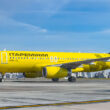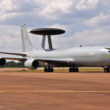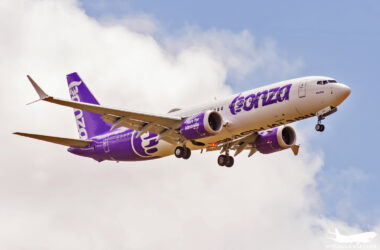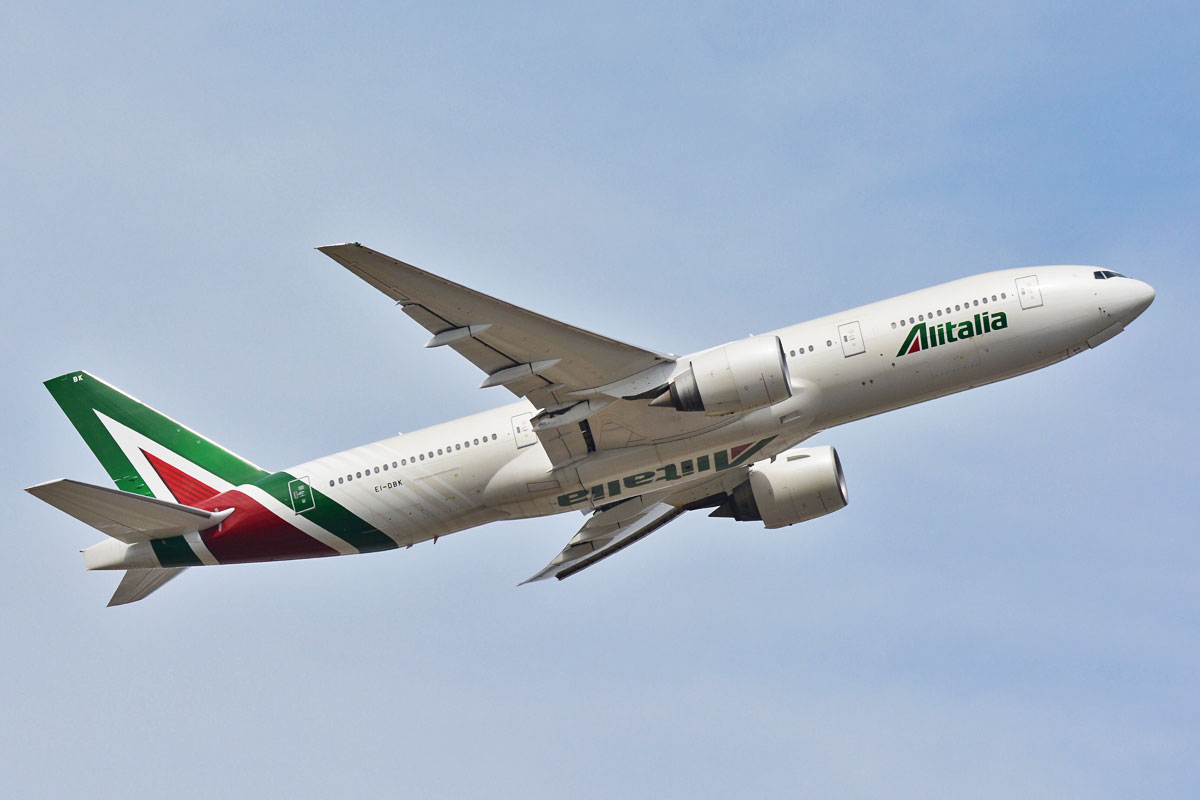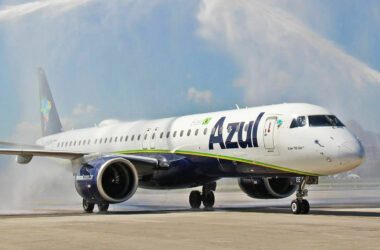After hundreds of flights canceled or aircraft replaced at the last minute, air travel in the US had a less-than-expected impact on issues related to the new 5G mobile phone service.
Earlier this week, the FAA (Federal Aviation Administration) issued statements about the risk of interference from 5G antennas near airports that could affect the operation of radio altimeters, equipment used in automatic landings.
The fear of issues caused several airlines to cancel flights, especially those that were operated with the Boeing 777, which would be the most affected by the problem.
Carriers such as the Japanese ANA and JAL and Emirates have suspended several flights to the US in the face of the indefinite situation. Telephone companies AT&T and Verizon, on the other hand, decided to delay installing antennas near airport while the impact of 5G on commercial aviation was unclear.
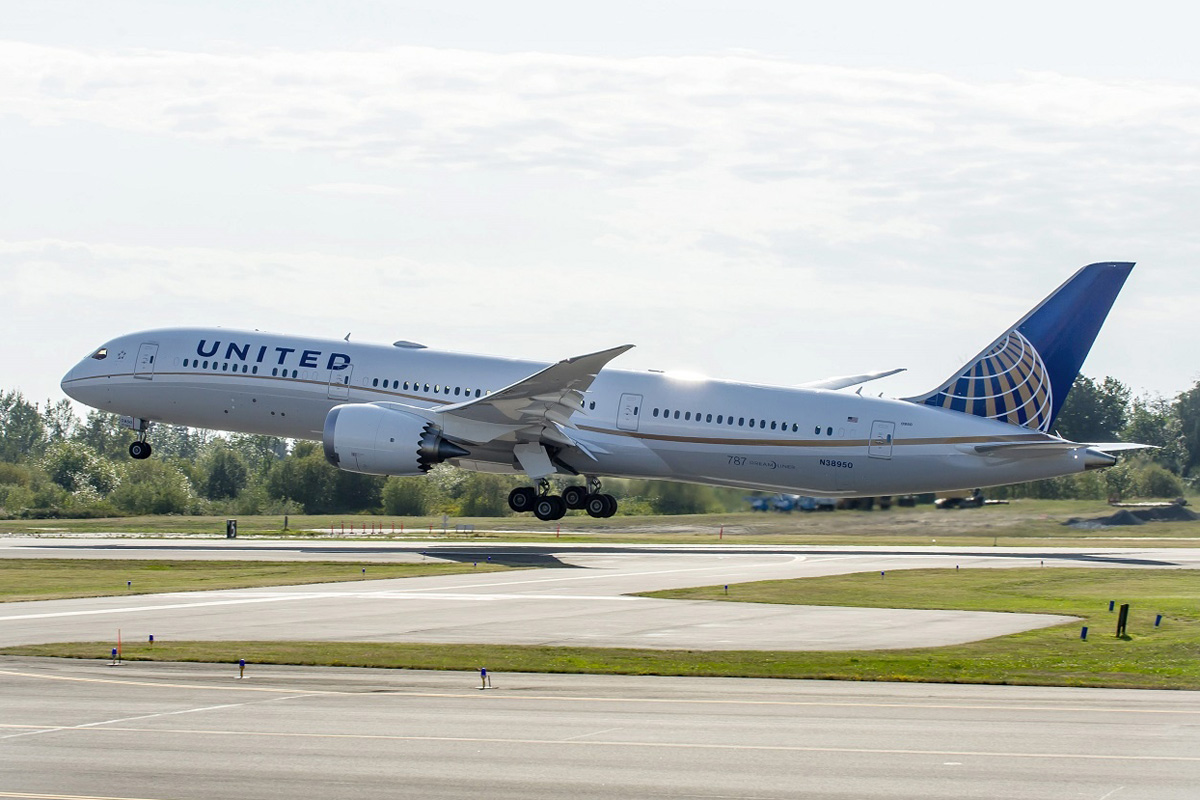
On Wednesday, however, reports from American Airlines and United Airlines were of a lesser impact on air travel than expected – both are operators of the Boeing 777.
The FAA at the same time authorized the operation of the Boeing 717, 737, 747, 757, 767, 777, MD-10/-11 and Airbus A300, A310, A319, A320, A330, A340, A350 and A380 models, although with some restrictions.
Only the Boeing 787 Dreamliner remained affected by potential interference from 5G networks.
The problem with the new telephone network, however, is not causing disruptions in other parts of the world, in line with telecommunications companies, who deny that there is a risk of equipment interference.


